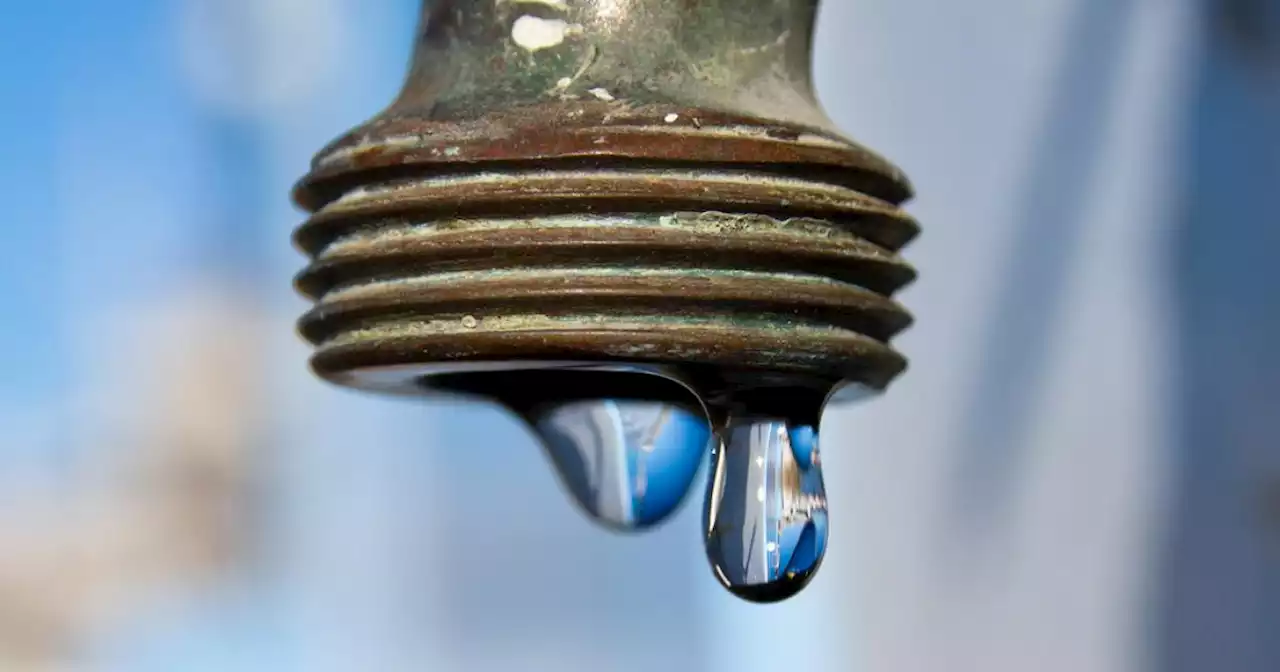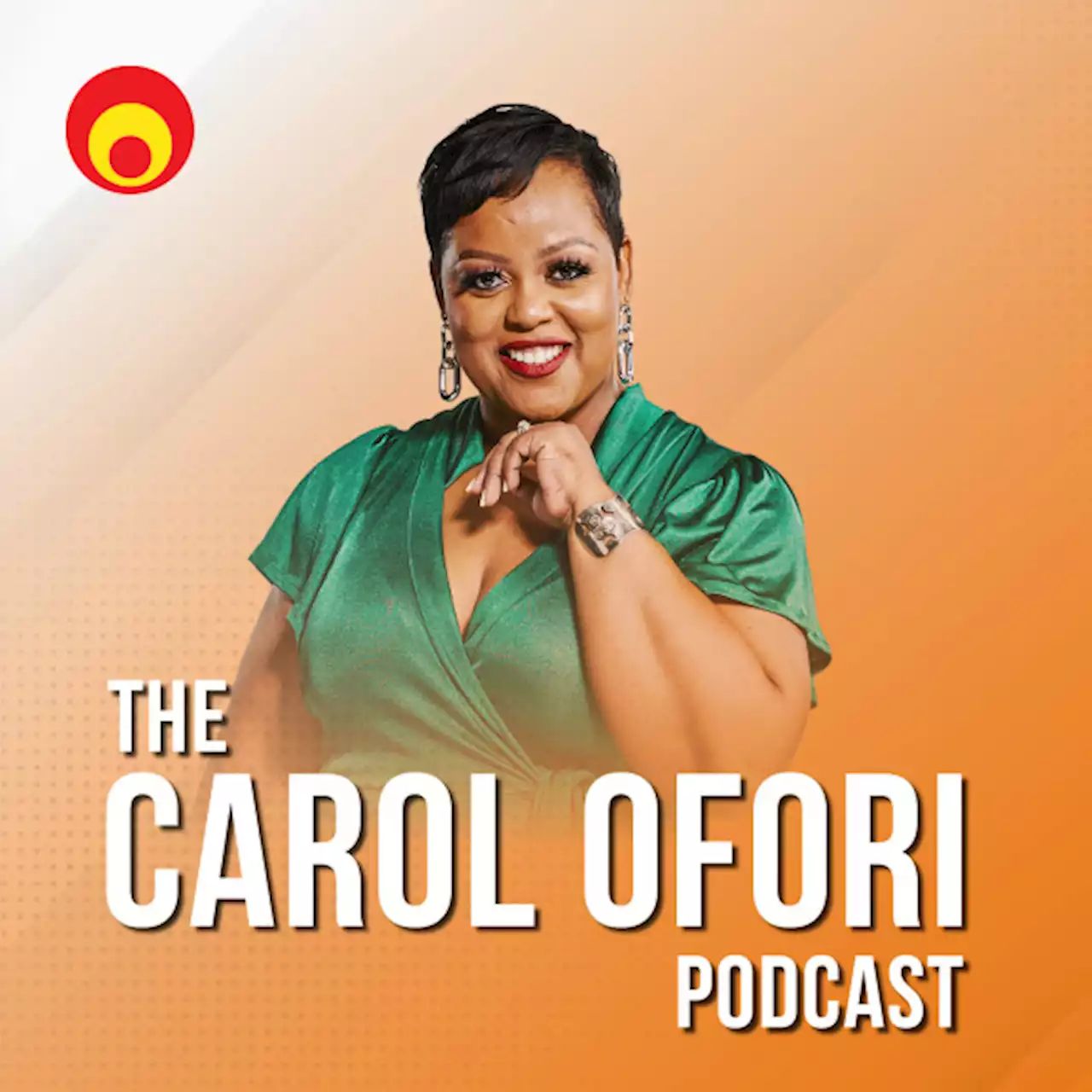The Department of Water and Sanitation says they are conducting investigations to determine the cause of the dead fish at Hartbeespoort Dam in North West.
Department of Water and Sanitation spokesperson, Wisane Mavasa says they are working with the Sefako Makgatho Health Sciences University to investigate and analyse samples at the dam to determine the cause of the deaths.
“The incident occurred on the Hartbeespoort Dam near Ifafi, at the Ifafi Aquatic Club and the Schoemansville Oewer. Hartbeespoort Optimum Fisheries and Research responded to the incident and conducted a brief assessment after which an aerator- a machine that pumps oxygen underwater- was brought which improved the situation.”
“Some fish found alive at the site were removed and relocated to an offsite dam where they recovered and no further fish were reported dead since,” adds Mavasa.
South Africa Latest News, South Africa Headlines
Similar News:You can also read news stories similar to this one that we have collected from other news sources.
 Cape Town's Water Crisis Worsened By the Rich - Study FindsWealthy households make up less than 14% of Cape Town's population, but use more than half its domestic water, making their consumption a greater threat to sustainable water use than either climate change or population growth, writesSteve Kretzmann for GroundUp. This is one of the findings from a recently published study of Cape Town's domestic water consumption, which finds that the Day Zero crisis of 2018 was largely due to the high water consumption of wealthy households while poor households struggled to meet their most basic water needs. The study argues that urban water crises are not just the result of drought, but also of social inequality. Wealthy urban households use drinking water for swimming pools and gardens while the socially, economically, and politically disadvantaged city residents are excluded from basic access to water. While the severe water restrictions imposed toward the end of the 2015 -2017 drought did not affect the ability of wealthy households to meet their basic water needs, poorer households who already struggled to obtain their daily water needs, used even less. Elite household consumption ahead of 'Day Zero' fell from 2,542 litres a day to 1,103 litres a day, and upper-middle-income household consumption fell from 1,604 litres per day to 699 litres per day, largely due to stopping water use for luxuries. South Africa is facing a water crisis, some provinces have reportedly been without water for months. Clinics, schools and businesses have been severely affected. Municipalities are blaming loadshedding for the problem but residents are sceptical.This water insecurity risk is worsened by increasing climate change.
Cape Town's Water Crisis Worsened By the Rich - Study FindsWealthy households make up less than 14% of Cape Town's population, but use more than half its domestic water, making their consumption a greater threat to sustainable water use than either climate change or population growth, writesSteve Kretzmann for GroundUp. This is one of the findings from a recently published study of Cape Town's domestic water consumption, which finds that the Day Zero crisis of 2018 was largely due to the high water consumption of wealthy households while poor households struggled to meet their most basic water needs. The study argues that urban water crises are not just the result of drought, but also of social inequality. Wealthy urban households use drinking water for swimming pools and gardens while the socially, economically, and politically disadvantaged city residents are excluded from basic access to water. While the severe water restrictions imposed toward the end of the 2015 -2017 drought did not affect the ability of wealthy households to meet their basic water needs, poorer households who already struggled to obtain their daily water needs, used even less. Elite household consumption ahead of 'Day Zero' fell from 2,542 litres a day to 1,103 litres a day, and upper-middle-income household consumption fell from 1,604 litres per day to 699 litres per day, largely due to stopping water use for luxuries. South Africa is facing a water crisis, some provinces have reportedly been without water for months. Clinics, schools and businesses have been severely affected. Municipalities are blaming loadshedding for the problem but residents are sceptical.This water insecurity risk is worsened by increasing climate change.
Read more »
 SA’s water crisis | Power cuts affect water supplyRand Water is being hit hard by rolling blackouts, with the latest incident impacting reservoirs in Ekurhuleni.
SA’s water crisis | Power cuts affect water supplyRand Water is being hit hard by rolling blackouts, with the latest incident impacting reservoirs in Ekurhuleni.
Read more »
 How safe is your tap water?If you’ve ever wondered how safe your tap water is and if you should really be drinking it, the first episode of The Carol Ofori Podcast will put those questions to bed! Introducing The Carol Ofori Podcast, where we answer all those questions that you’re just too swamped to Google or too tired to run past Chat GPT. In this podcast, Internationally Award Winning Voice Over Artist and Multiple Award winning Radio Presenter Carol Ofori, speaks to seasoned professionals who are handpicked especially for their experience and insight or ordinary people who have interesting stories or lived experiences to share. In this, the very first episode of The Carol Ofori Podcast, we ask the important question, “How safe is our tap water?” Carol speaks to Former Head of Water and Sanitation at eThekwini and now an Independent Consultant with over 50 years’ experience, Neil Macleod. In an honest and candid conversation, Neil speaks openly about the state of water and sanitation in South Africa, and tells us where he will and where he will not drink the tap water. Neil might even surprise you with his opinion on bottled water and those ‘fancy’ filters and expensive reverse osmosis systems many of us have in our homes. So, before you twist the tap handle for your next glass of water or spend your hard-earned money on the ‘safer’ bottled version, listen to this podcast – you’re guaranteed to learn a thing or two about the liquid we take for granted every single day.
How safe is your tap water?If you’ve ever wondered how safe your tap water is and if you should really be drinking it, the first episode of The Carol Ofori Podcast will put those questions to bed! Introducing The Carol Ofori Podcast, where we answer all those questions that you’re just too swamped to Google or too tired to run past Chat GPT. In this podcast, Internationally Award Winning Voice Over Artist and Multiple Award winning Radio Presenter Carol Ofori, speaks to seasoned professionals who are handpicked especially for their experience and insight or ordinary people who have interesting stories or lived experiences to share. In this, the very first episode of The Carol Ofori Podcast, we ask the important question, “How safe is our tap water?” Carol speaks to Former Head of Water and Sanitation at eThekwini and now an Independent Consultant with over 50 years’ experience, Neil Macleod. In an honest and candid conversation, Neil speaks openly about the state of water and sanitation in South Africa, and tells us where he will and where he will not drink the tap water. Neil might even surprise you with his opinion on bottled water and those ‘fancy’ filters and expensive reverse osmosis systems many of us have in our homes. So, before you twist the tap handle for your next glass of water or spend your hard-earned money on the ‘safer’ bottled version, listen to this podcast – you’re guaranteed to learn a thing or two about the liquid we take for granted every single day.
Read more »
